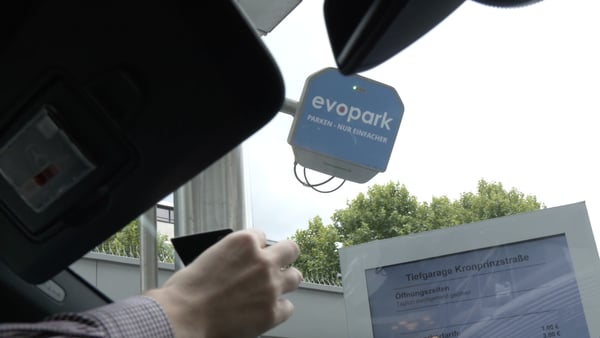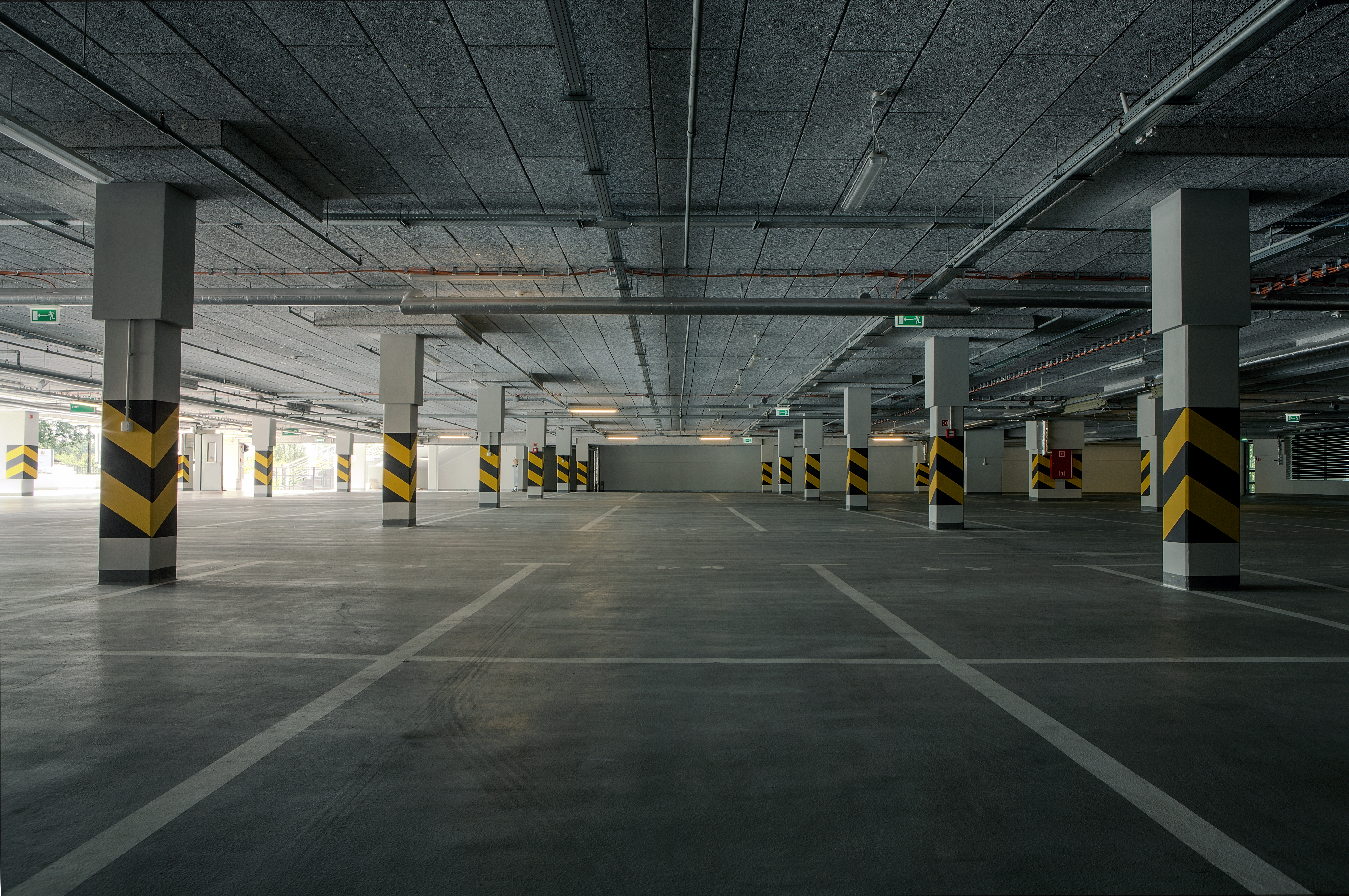COVID-19 is causing havoc around the world. Parking revenues have fallen through the floor, airport and event parking are at zero, short term parking is at 10% of normal. Corona is causing a major liquidity crisis for the industry in the short term, and many companies will scramble to stay alive, despite government bail-outs. However, the strategic question we will have to address is what the long term effects of COVID-19 are likely to be. Here’s a quick look at some of the key elements of the current situation and their potential future impact.
Until recently, the future was seen as being rooted in shared mobility, whether it is ride-hailing, car-sharing, scooter-sharing or public transit. So far, none of the shared mobility services has been able to show profitability. Even before COVID-19 there was some disenchantment, which has now turned into a high level of scepticism. Corona has shown us that shared mobility has its risks and is a potential driver of the fast spread of diseases. Uber’s and Lyft’s ambitions to turn a profit in 2020 have come to a sudden stop, their stock prices dropped twice that of the market in general, a lot of their drivers lost their entire income overnight. This will have an impact on the business model. And, consumers who have got used to social distancing may choose their car or a taxi with a partition over Uber or public transit next time they go downtown. There is no means of transportation more compatible with social distancing than your own car.
Individuals and companies are finding out that working from home at scale is possible. This may lead to changes in how companies organize themselves and where people want to live. More people may choose to live in suburbs or rural areas if they do not have to commute every day, preferring to avoid the density of urban areas that are affected by the virus much more severely than rural areas and have a much higher cost of living. This will change urban commercial and residential real estate markets and increase the need for a very different type of mobility. A once-a-week long commute will favour individual mobility, ie your own (semi-autonomous and electric) car, but may reduce demand for parking space in city centers.
Corona is driving the adoption of new payment methods, as contactless payment is promoted and sometimes even required by grocers and other physical retailers that are still open. Consumers who have been reluctant to adopt contactless to date are getting used to payment methods where you do not have to pull out cash or hand over a credit card. For parking, this means that operators need to think how they can make processes as contactless and frictionless as possible. Solutions are available today, and adoption in the parking industry will have to pick-up quickly.

Governments of all levels (national, regional, and local) have regained power during this crisis, politicians and technocrats have learnt that they can bring whole countries to a standstill within days. Power is a very sweet and highly addictive drug. Not only autocrats are taking advantage of the situation, almost all governments are doing more or less the same thing, some with more subtlety than others. We can expect a lot more regulatory activity and government-led ambition to manage the economy and in particular mobility. Governments will try to leverage their new Corona credibility and the perceived need to avoid another pandemic in the future. There will be a lot of political and financial tailwind to actively take control of mobility in urban areas. Municipal control of the curbside and city tolls will help commercial parking operators, as this will reduce supply and increase parking demand in the city centers.
Last but not least, the Corona crisis demonstrated very clearly how exposed the mobility sector is overall. The parking industry, in particular off-street commercial operations, have clearly seen how vulnerable their current business model is, which is largely focused on cost efficiency and steady cash flows for private equity shareholders. That worked really well in a world of low interest rates and stable occupancy. Only a few operators invested in diversification, i.e. in resilience. Corona is the alarm bell for the parking industry that investment in new business models will be necessary, whether it is digital interaction with consumers or new use cases for under-utilised assets.
After this period of lock-down, the world will go back to work, to shop, to travel, to drive. But mobility will not be the same, though it is not clear what exactly it will look like. However, it is clear that the parking industry will have to deal with change strategically and adapt to the new social, economic and political environment.

